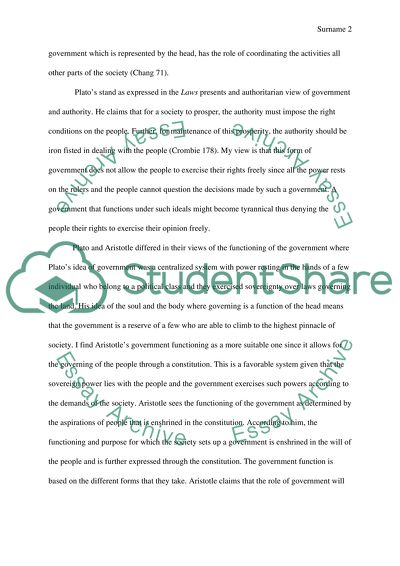Cite this document
(“Comparing the differences of purpose of government according to Term Paper”, n.d.)
Comparing the differences of purpose of government according to Term Paper. Retrieved from https://studentshare.org/philosophy/1487591-comparing-the-differences-of-purpose-of-government
Comparing the differences of purpose of government according to Term Paper. Retrieved from https://studentshare.org/philosophy/1487591-comparing-the-differences-of-purpose-of-government
(Comparing the Differences of Purpose of Government According to Term Paper)
Comparing the Differences of Purpose of Government According to Term Paper. https://studentshare.org/philosophy/1487591-comparing-the-differences-of-purpose-of-government.
Comparing the Differences of Purpose of Government According to Term Paper. https://studentshare.org/philosophy/1487591-comparing-the-differences-of-purpose-of-government.
“Comparing the Differences of Purpose of Government According to Term Paper”, n.d. https://studentshare.org/philosophy/1487591-comparing-the-differences-of-purpose-of-government.


